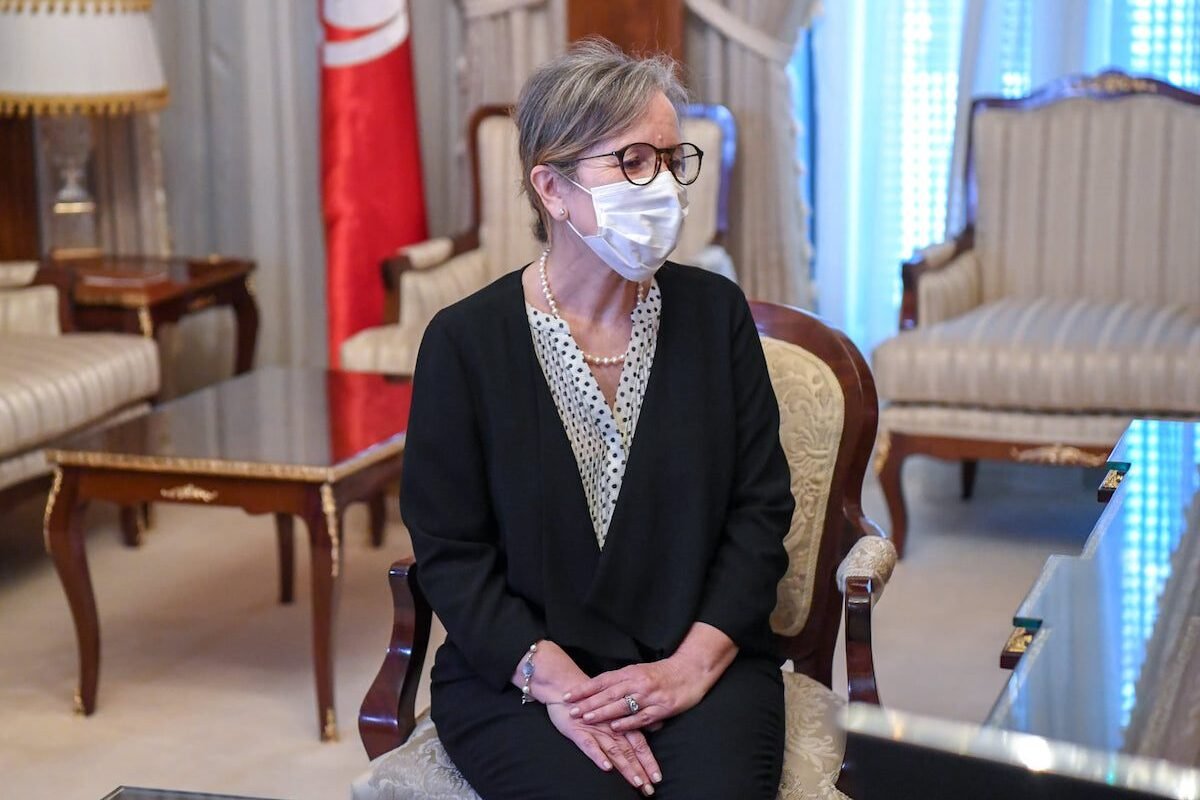
Peruvian President Martín Vizcarra survived an impeachment vote Friday after opposition lawmakers failed to amass enough support to oust the leader as the country copes with one of the world’s worst coronavirus outbreaks.
The decision came after long hours of debate in which legislators blasted Vizcarra but also questioned whether a rushed impeachment process would only create more turmoil in the middle of a health and economic crisis.
“It’s not the moment to proceed with an impeachment which would add even more problems to the tragedy we are living,” lawmaker Francisco Sagasti said.
In the end, only 32 lawmakers voted to remove the president, while 78 voted against and 15 abstained. A two-thirds majority was needed to oust Vizcarra.
The political feud was sparked by the release of several covertly recorded audios that Vizcarra’s detractors contend show he tried to obstruct an influence peddling probe. And despite the failed vote, that conflict was likely to continue, afflicting the president’s ability to carry forward his anti-corruption agenda could be indefinitely stymied.
“In the overall scheme of things, Vizcarra has won this round, but winning is a very relative term,” said Jo-Marie Burt, a senior fellow with the Washington Office on Latin America.
The political turmoil rocking Peru has briefly distracted attention from the pandemic, which has left hundreds of thousands sick in the South American nation with the highest per capita COVID-19 mortality rate around the globe.
At the centre of the ordeal is Vizcarra’s relationship with a little-known musician known as Richard Swing and nearly $50,000 in questionable contracts that the entertainer was given by the Ministry of Culture for activities like motivational speaking.
A covert audio recording shared by Edgar Alarcón — a lawmaker himself charged with embezzlement — appears to show Vizcarra coordinating a defence strategy with two aides, trying to get their stories straight on how many times the musician had visited him.
In remarks before Congress on Friday, Vizcarra asked for forgiveness for the upheaval that the audios have generated but insisted he committed no crime. He called for a proper investigation and urged lawmakers not to aggravate Peru’s already precarious situation by rushing through an impeachment proceeding.
“Let’s not generate a new crisis, unnecessarily, that would primarily affect the most vulnerable,” he said
During a long day of debate, many lawmakers expressed frustration with Vizcarra, denouncing his apology as a weak attempt to make amends and demanding a thorough investigation.
But numerous legislators also said they couldn’t support an impeachment that itself was rushed and full of flaws, held before an official probe reaches any conclusions.
“This doesn’t mean we’re handing over a blank check,” one lawmaker warned.
Related posts:
Views: 0
 RSS Feed
RSS Feed

















 September 19th, 2020
September 19th, 2020  Awake Goy
Awake Goy 





 Posted in
Posted in  Tags:
Tags: 
















